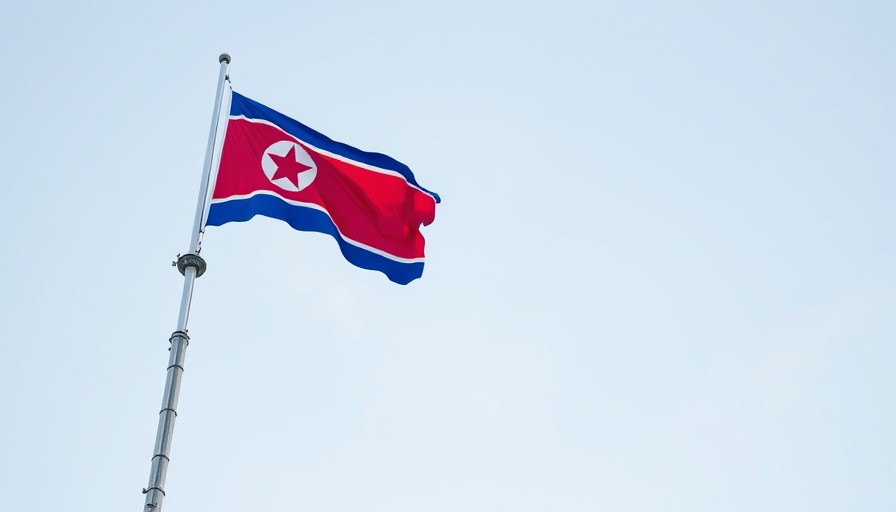
The Controversy Around EEOC Leadership and Ethical Standards
In a striking turn of events, Congressional Democrats have made serious allegations against Andrea Lucas, the acting chair of the U.S. Equal Employment Opportunity Commission (EEOC). They claim she misused her position, leading to nearly $1 billion in pro bono legal services aligned with the agenda of the Trump administration. This unprecedented action raises significant concerns regarding ethical standards within federal agencies, particularly in the context of people-first leadership and workforce strategy.
The Role of Ethics in HR and Employee Performance
As leaders in human resources, it's essential to understand the implications of such actions on overall employee performance and the organizational culture. A transparent and ethical HR practice fosters trust and morale, which are crucial for employee engagement. Allegations like this one can have ripple effects, influencing not only the firms involved but also impacting the wider workforce.
Shifting Strategies: The Impact on Law Firms
The Democrats' letter hints at a broader trend where law firms may feel pressured to align their services with political ideologies. Such tactics could severely undermine the foundational principle of equality that the EEOC stands for. As organizations navigate these complex dynamics, adopting succession planning and high-performance culture becomes increasingly critical in retaining talent that adheres to ethical standards.
Future Implications for Workforce Optimization
If the EEOC continues to operate under perceived coercive tactics, it could shift the landscape of talent management. Firms may reconsider their engagement strategies to safeguard against politicization, fostering a culture that is less about compliance and more about morale and ethical leadership. Maintaining a performance-driven leadership approach will be vital in this evolving climate.
Empowering a People-First Culture
For CHROs and operational leaders, this controversy highlights an essential lesson: a people-first culture is not only beneficial but necessary for sustainable success. By emphasizing employee retention strategies and robust HR metrics, organizations can navigate challenges more effectively while staying true to their core values.
In light of these events, it's crucial for leaders to ensure that ethics remain at the forefront of their decision-making processes. A proactive stance on organizational integrity will help foster a more resilient workforce amidst political and operational challenges.
 Add Row
Add Row  Add
Add 




 Add Row
Add Row  Add
Add 

Write A Comment